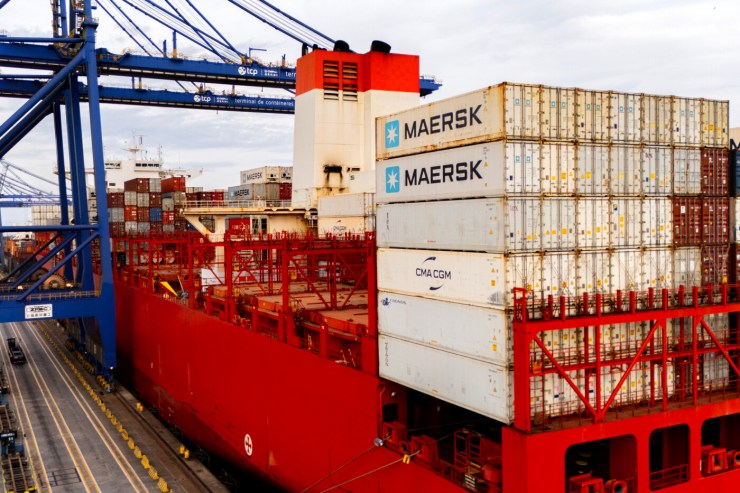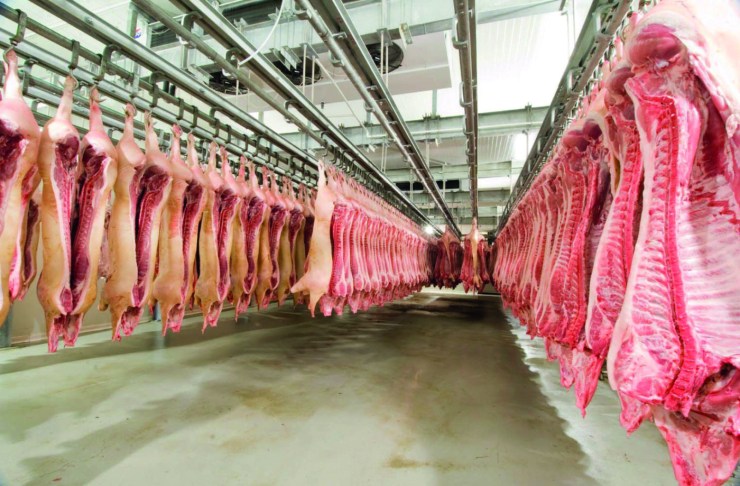The Brazilian poultry industry faces pressure in the short term, even with a more favorable cost structure. According to an analysis by Itaú BBA's Agro Consulting, domestic chicken prices are expected to continue falling throughout June, reflecting the prolonged impact of the bans imposed by several countries on Brazilian exports following the detection of a case of Highly Pathogenic Avian Influenza (HPAI) in a commercial breeding farm in Rio Grande do Sul on May 16.

Photo: Disclosure/OPR Archive
Although the state of Rio Grande do Sul officially declared its disease-free status after the end of the health vacuum on June 18, this reclassification does not mean the immediate resumption of exports. The final decision depends on importers, making the process uncertain and variable among trading partners. China, for example, imposed a 60-day embargo from the notification, a measure that extends until mid-July.
Besides China, countries such as the European Union, South Korea, and Canada maintain a blockade of all Brazilian territory. Others, such as Mexico, Japan, the United Arab Emirates, and Saudi Arabia, have limited the restriction to Rio Grande do Sul. Even so, export volumes in June are expected to remain severely impacted, increasing pressure on the domestic market.
In the domestic market, the difficulty in shifting accumulated inventories and high logistics costs continue to put pressure on prices. Although prices are already quite competitive compared to beef and pork, the increase in domestic supply without corresponding absorption by demand increases the risk of further price declines in the coming weeks.
On the other hand, the sector is finding some relief in production costs. The consolidation of positive expectations for the corn harvest and the significant decline in soybean meal prices have helped reduce producers' expenses, improving operating margins at a delicate time for external demand.
Even though cost fundamentals are showing a positive trend, the ability of prices to recover will depend on the gradual recovery of international markets. Until then, the sector must continue to closely monitor accommodations and control production to avoid an even greater mismatch between supply and demand.





